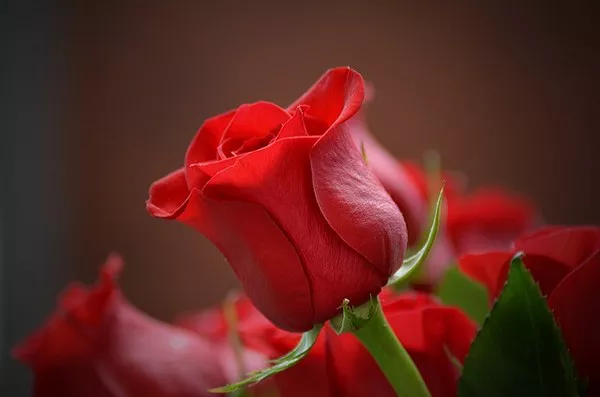Since 2007, PJ Dave Flora has been cultivating roses in Kenya’s Kajiado District, located 60 kilometers south of Nairobi. Over the years, they have expanded their operations, starting on 17 hectares and growing to a sprawling 63 hectares. In 2012, they became the exclusive grower of Rhodos roses in Kenya, dedicating 36 hectares to this variety. In 2021, they ventured into spray roses, cultivating them on 11 hectares, while also nurturing 16 intermediate rose varieties. Beyond their commitment to roses, PJ Dave Flora has placed a strong emphasis on sustainability, earning multiple certificates and investing in renewable energy sources, such as solar panels. Furthermore, they are set to launch a rainwater harvesting project in mid-October. In this article, Director Janki Dave and Managing Director Santosh Kulkarni shed light on their investments, the farm, market dynamics, and their future aspirations.
Rainwater Harvesting for Sustainability
PJ Dave Flora has consistently strived to meet environmental and social standards, securing certifications such as GlobalGAP, Fairtrade, KFC, and MPS. Their vision of becoming a more environmentally conscious company led them to install solar panels in 2018, generating 360kw, which now covers 25% of their energy needs. Their latest endeavor is rainwater harvesting, with a dam already constructed. Janki Dave explains, “Now, we are connecting the greenhouses to collect all the rainwater. The dam can collect 125,000 m3 of water, and in a year, we can harvest 300,0000m2.” This project aims to address water sustainability concerns, reduce electricity usage for water purification, and enhance the quality of their roses. The project is expected to be completed by mid-October.
Global Flower Distribution
PJ Dave Flora’s commitment to risk management extends to their global flower distribution network. “Our flowers go all over the globe, from Australia to the Middle East, Russia, Asia, and Europe,” says Santosh Kulkarni. Approximately 60% of their production comprises Rhodos roses, with half sold directly and the remainder through auctions. Their spray and intermediate roses are exclusively sold directly.
Current Trends and Challenges
Spray roses are currently in high demand, with Kulkarni noting a significant increase in interest since they began cultivating them two years ago. “We grow 18 varieties with stem lengths ranging from 50 to 80 cm, and all of them command premium prices,” he states. Rhodos roses, their flagship product, continue to perform well, especially during peak holiday seasons like Christmas, Valentine’s Day, and Women’s Day.
Challenges, as experienced by many Kenyan growers, encompass demand fluctuations and logistical complexities. “We see that the market is becoming more competitive, and we see that the buying power of the end consumer has decreased. Also the exchange rates, the Russian sanctions, and the logistic costs, which are still higher than pre-COVID times, are complicating the situation.”
Expectations and Future Plans
Despite these challenges, PJ Dave Flora remains optimistic about the future. “We expect that the prices will be good,” says Kulkarni. While uncertainties about demand and consumer behavior persist, their strong order volume for upcoming holidays like Christmas, Valentine’s Day, Women’s Day, and Mother’s Day fuels their optimism.
Looking ahead, the company’s aspirations include expanding their solar panel plant to harness more green energy. Their unwavering commitment to sustainability, quality, and adaptability positions PJ Dave Flora as a significant player in the global rose market.


